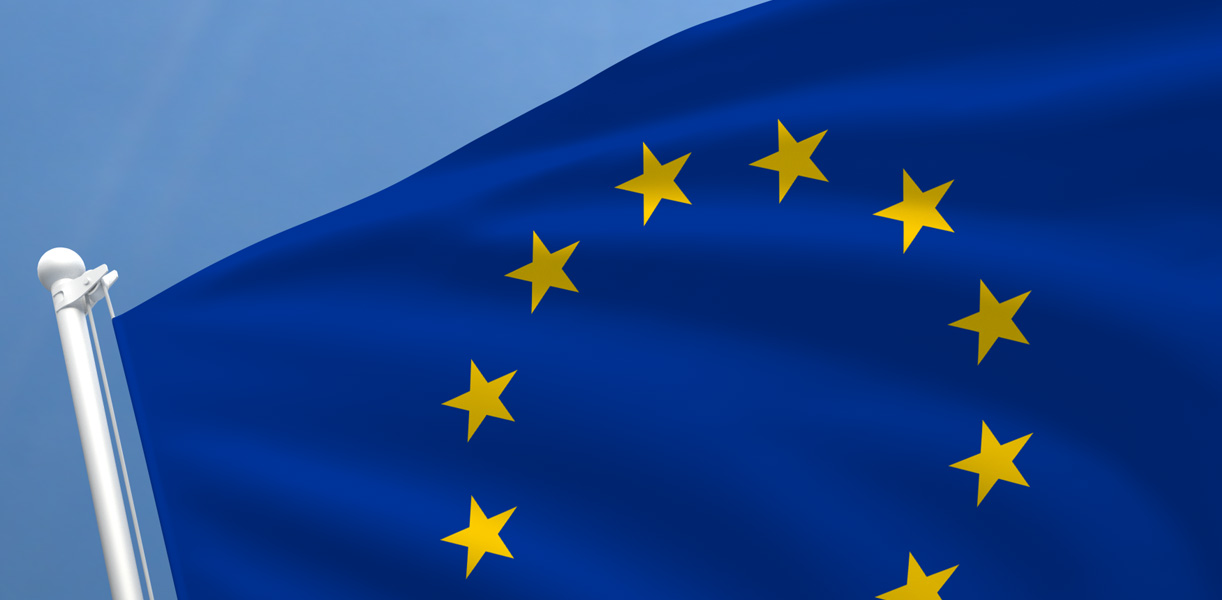The Commission has this week opened a four-week public consultation for feedback on draft rules to establish a new EU financing mechanism to support renewable energy projects. The main objective of this mechanism is to enable Member States to work more closely together in order to achieve their individual and collective renewable energy targets. As a result, it will also facilitate a more cost-effective deployment of renewables across the EU, in areas that are better suited for it in terms of geography and natural resources and ultimately, it will feed into the European Green Deal ambition of achieving EU carbon-neutrality by 2050. The mechanism should be in place by the start of 2021, as foreseen under the Governance Regulation.
As outlined in the draft implementing act, this new mechanism enables “contributing Member States” to pay voluntary financial contributions into the scheme, which will be used to tender support for new renewable energy projects in all Member States willing to host such projects (“hosting Member States”). This has the advantage that “contributing” countries that are struggling to meet their targets can finance renewables projects elsewhere, which count towards their targets and are potentially more cost effective than renewables produced on their own territory. For the “hosting” Member State, the advantage is that it receives additional local investment in renewables projects – and can therefore enjoy the benefits in terms of local employment, lower greenhouse gases emissions, improved air quality, modernisation of the energy system and reduced dependency on imports. However, there is no direct link or negotiation between the contributing and hosting Member States – the Commission runs the process and allocates the statistics.
To provide incentives for both “hosting” and “contributing” countries, the draft rules foresee that the statistical benefits of these projects should be split between the participants, reflecting their participation.



